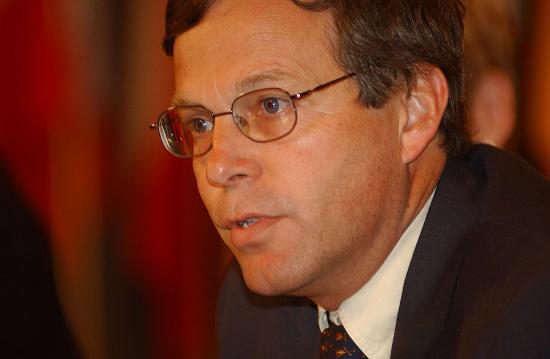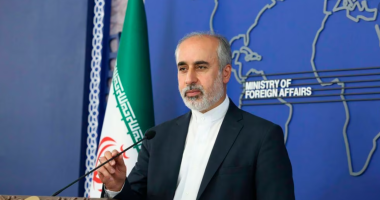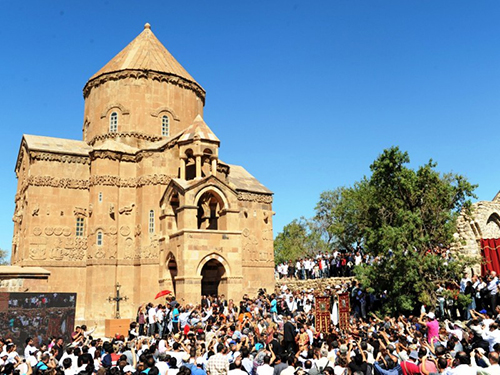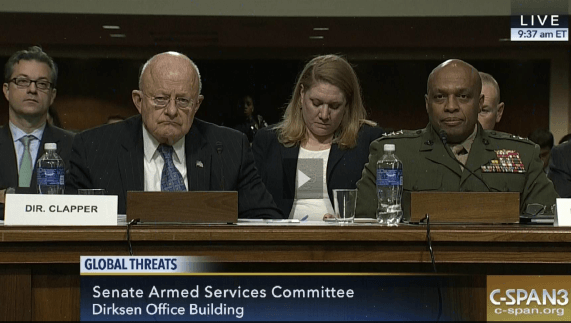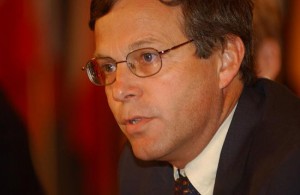

John Heffern, a career diplomat, also spoke of “positive signs” in Armenia’s political life as he testified during the confirmation hearing.
“They [the Armenian authorities] have made some useful steps in the last six months that have been helpful in giving us some indication that the next elections in 2012 and 2013 will hopefully be better in meeting international standards,” he said.
Heffern cited the recent release of all opposition members remaining in prison, the lifting of an effective government ban on opposition rallies in Yerevan’s Liberty Square as well as a renewed inquiry into the 2008 post-election unrest that was ordered by President Serzh Sarkisian in late April.
In other remarks that could complicate his confirmation, Heffern stopped short of describing the World War One-era massacres of Armenians in Ottoman Turkey as genocide.
“As the president has said, the massacres and the forced deportations leading to the deaths of 1.5 million Armenians is acknowledged and recognized and deplored by President Obama, and yes sir, I believe it as well,” nominee John Heffern said, responding to sceptical questioning by Democratic Senator Robert Menendez of New Jersey.
“The characterization of those events is a policy decision that is made by the president of the United States and that policy is enunciated in his April 24th Remembrance Day statement,” Heffern told Menendez and other members of the Senate Foreign Affairs panel.
Menendez, however, told Heffern he found it “difficult to be sending diplomats of the United States to a country in which they will go (…) to a genocide commemoration and yet never be able to use the word genocide.
“It is much more than a question of a word,” he added. “It is everything that signifies our commitment to saying ‘Never Again’ and yet we cannot even acknowledge this fact and we put diplomats in a position that I think is totally untenable.”
US Ambassador Nominee to Armenia Pledges to Stimulate Western Investment, \”Dances\” Around Genocide
- No comments
- 2 minute read
High-Ranking Clergy in the Defendant’s Seat
By KRIKOR KHODANIAN The political developments unfolding in Armenia have taken a…
- MassisPost
- July 7, 2025
- No comments
- 3 minute read
Open Letter on the Proposal to Rename the Armenia-Turkey Border Crossing After Talat Pasha
We express our deep concern and disappointment regarding the recent proposal introduced…
- MassisPost
- July 3, 2025
- One comment
- 2 minute read
Pashinyan’s Visit to Turkey and Beyond
By KRIKOR KHODANIAN At the invitation of Turkish President Recep Tayyip Erdoğan,…
- MassisPost
- June 29, 2025
- No comments
- 3 minute read
“I Still Can’t Believe What Happened on June 20”
By LUSYEN KOPA Exactly three months ago, I wrote an article titled…
- MassisPost
- June 26, 2025
- No comments
- 4 minute read

